- List your property - it's free
- Sign up or Log in
-
English- en
-
BTC - ₿
Loading...
No Data
- Buy
- Ecuador Property For Sale
- Ecuador Real Estate
- See Newest Listings
- Why Buy with BaanCoin
- Rent
- Ecuador Property For Rent
- Ecuador Market Overview
- See Newest Rentals
- List your Rental
- Sell
- Projects












































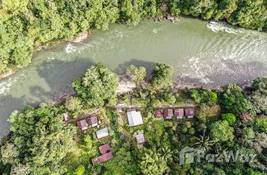
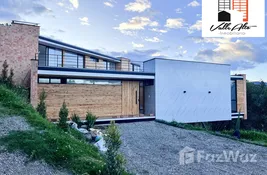



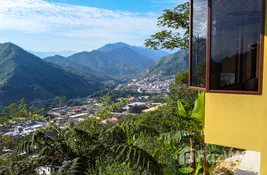



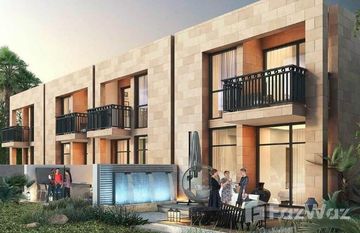



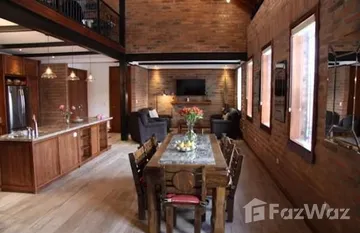
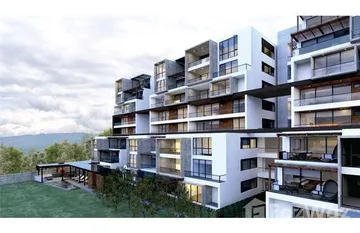
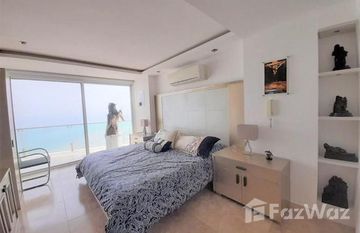

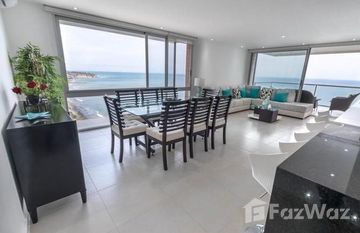

 Shaun Boswell
Shaun Boswell
